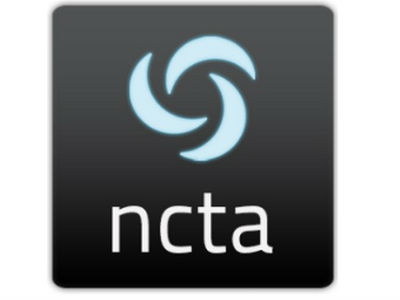NCTA Stunned By White House Title II Response
The smarter way to stay on top of the multichannel video marketplace. Sign up below.
You are now subscribed
Your newsletter sign-up was successful

National Cable & Telecommunications Association president Michael Powell, who as FCC chairman was no fan of efforts to classify the Internet under Title II, joined other stakeholders in opposing the President Obama's announced effort to get the FCC to take that route to new Internet regs.
"We are stunned the President would abandon the longstanding, bipartisan policy of lightly regulating the Internet and calling for extreme Title II regulation," Powell said in a statement. "The cable industry strongly supports an open Internet, is building an open internet, and strongly believes that over-regulating the fastest growing technology in our history will not advance the cause of Internet freedom. There is no dispute about the propriety of transparency rules and bans on discrimination and blocking. But this tectonic shift in national policy, should it be adopted, would create devastating results. Heavily regulating the Internet will lead to slower Internet growth, higher prices for consumers, and the threat of excessive intervention by the government in the working of the Internet."
He also warned of the signal it would send to classify the Internet under common carriage rules.
"This will also have severe and profound implications internationally, as the United States loses the high ground in arguing against greater control of the Internet by foreign governments. There is no substantive justification for this overreach, and no acknowledgment that it is unlawful to prohibit paid prioritization under Title II. We will fight vigorously against efforts to impose this backwards policy. "The FCC is an independent agency and it should exercise independent judgment in crafting new rules. This is truly a matter that belongs in Congress and only Congress should make a policy change of this magnitude. Congress can easily unravel the legal and jurisdictional knot that has tied up the FCC in crafting sustainable open Internet rules, without resorting to rules of the rotary-dial phone era. We urge Congress to swiftly exercise leadership of this important issue."
FCC chairman Tom Wheeler Monday said he would take the President's input into account, but pointed out, as Obama conceded, that the FCC is an independent agency that will make its own call. Republican leaders in the House FCC oversight committees plan to begin work next session on overhauling telecom regs.
Update: David Cohen EVP of Comcast (NCTA's largest member), agreed with Powell about the inadvisability of the President's move, and seconded the call for Congress to weigh in.
"Comcast and cable companies (along with the telcos) have led the broadband revolution, being the first to roll out America’s fastest broadband speeds across the country," he said. "As the White House itself acknowledged in its broadband report in 2013, this only happened because we were not subject to the intrusive regulatory regime designed for a different era.
The smarter way to stay on top of the multichannel video marketplace. Sign up below.
"To attempt to impose a full-blown Title II regime now, when the classification of cable broadband has always been as an information service, would reverse nearly a decade of precedent, including findings by the Supreme Court that this classification was proper. This would be a radical reversal that would harm investment and innovation, as today's immediate stock market reaction demonstrates. And such a radical reversal of consistent contrary precedent should be taken up by the Congress.
"The internet has not just appeared by accident or gift -- it has been built by companies like ours investing and building networks and infrastructure. The policy the White House is encouraging would jeopardize this engine for job creation and investment as well as the innovation cycle that the Internet has generated.”
Contributing editor John Eggerton has been an editor and/or writer on media regulation, legislation and policy for over four decades, including covering the FCC, FTC, Congress, the major media trade associations, and the federal courts. In addition to Multichannel News and Broadcasting + Cable, his work has appeared in Radio World, TV Technology, TV Fax, This Week in Consumer Electronics, Variety and the Encyclopedia Britannica.

